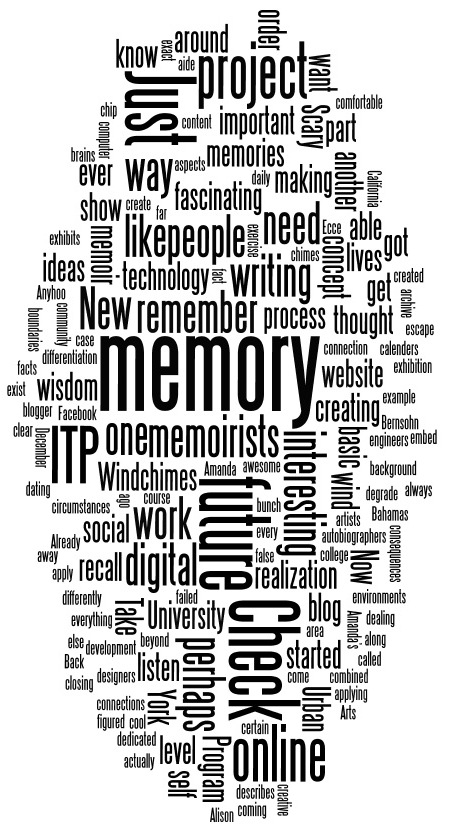Something Naturally and Abruptly Crawls In
Or: Why Daydreaming is Good for Your Writing Life.
This interesting article from the Wall Street Journal should make anyone (like me, for example) who seems to spend hours in unfocused thought feel a little better. A couple of quotes:
…our brain may be most actively engaged when our mind is wandering and we’ve actually lost track of our thoughts, a new brain-scanning study suggests.
And:
By most measures, we spend about a third of our time daydreaming, yet our brain is unusually active during these seemingly idle moments. Left to its own devices, our brain activates several areas associated with complex problem solving, which researchers had previously assumed were dormant during daydreams. Moreover, it appears to be the only time these areas work in unison.
A third? If all is going well, I’ll spend longer daydreaming than that, mate. There’s nothing like a good daydreaming session to make me feel productive. The brain mechanisms that this article talks about might also be the reason that I get great writing ideas when I run. As I’m plodding round the park, sometimes, admittedly, I’m listening to 1980s rave tunes and reliving my clubbing days. But other times, my mind enters a fugue state and, well, I just realize something. That scene I have been stuck on, about my grandmother? It’s really about my father. Aha. Of course.
Haruki Murakami, a novelist I admire, is also a runner, and his book, What I Talk About When I Talk About Running, contains his own treatise on why running is good for the writer’s life. In this quote from an interview on the Runner’s World website, he seems to describe the same experience that I have had, and that the researchers in the Wall Street Journal article are talking about. Murakami says:
I try not to think about anything special while running. As a matter of fact, I usually run with my mind empty. However, when I run empty-minded, something naturally and abruptly crawls in sometimes. That might become an idea that can help me with my writing.
Our next challenge is to pay attention to that thing that has crawled in. Write it down. Follow where it leads.


